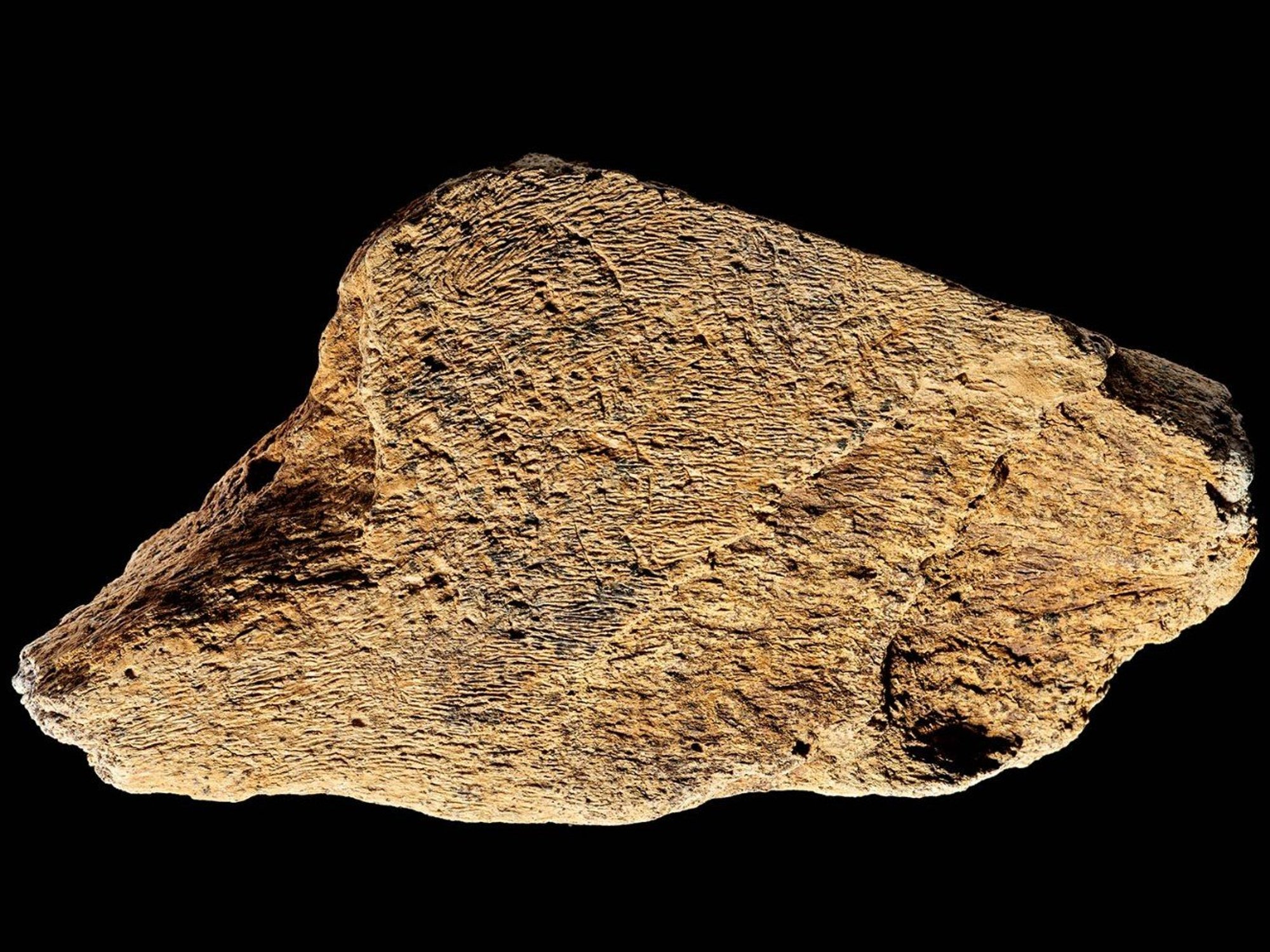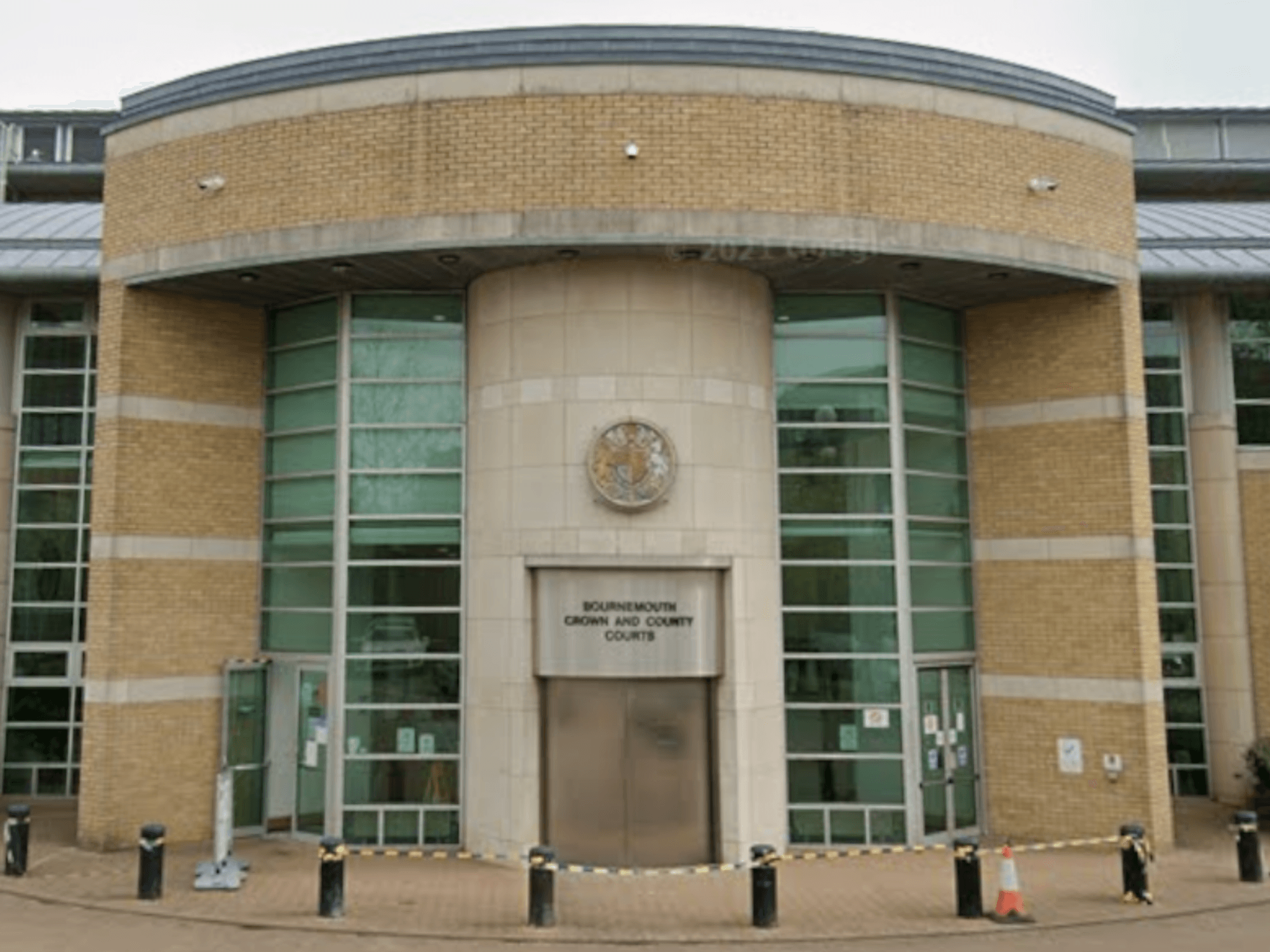Giving gifts to loved ones? Britons urged to watch out for inheritance tax ‘trap’

Gifts given during a lifetime can help to reduce an inheritance tax bill
|GETTY

Giving gifts is a way in which people may be able to reduce inheritance tax liabilities
Don't Miss
Most Read
People giving gifts during their lifetime are being urged to take care not to fall foul of an inheritance tax “trap”, or risk leaving behind a big bill for their loved ones.
While there is no inheritance tax to pay on gifts if the benefactor lives for seven years after giving them, there is of course no guarantee there won’t be inheritance tax to pay.
There are various gift allowances which would be exempt from inheritance tax even if the person giving the gift dies within seven years.
Among the rules is the opportunity to give gifts out of regular income, known as "normal expenditure out of income".
WATCH NOW: Inheritance tax 'should be cut' says Jacob Rees-Mogg
However, it’s important people watch out with these types of gifts, according to inheritance tax expert and partner at Moore Barlow, Alexandra Milton.
Speaking to GB News, the expert said: “Beware of the ‘Gift with reservation benefit’ tax trap. Yes it’s true that tax is not due on any gifts you give if you live for seven years after giving them, but this doesn’t apply when you make a gift but reserve a benefit in it.”
Ms Milton explained if someone gifts a property they live in and they continue to live in it, HMRC would include it in the estate for inheritance tax purposes.
She continued: “If the property is then sold by your children after your death, they will have to pay capital gains tax on any gain from the time it was gifted to it being sold as opposed to the property being left in the estate where the tax would be on the gain from death until sale.
“There are possible ways to minimise the impact in this regard, but it needs careful consideration.”
For some, regularly giving gifts may be a route they take to reduce the value of an estate before death, hence legally reducing inheritance tax liabilities.
Those who do this must ensure they are within the rules – it must not affect their standard of living – and it could be a good idea to keep a record of these regular gifts from income each year.
Ms Milton said: “One way to reduce inheritance tax is to make regular gifts out of your excess income providing it doesn’t affect your standard of living.
“This exemption is a claim process on death and therefore, it is advisable to keep records each tax year detailing your annual income and expenditure as this will be incredibly useful and needed for your Executors.
"Furthermore, providing maintenance for your or your spouse’s relatives if they are incapacitated by old age or infirmity providing the maintenance is reasonable, can be exempt from inheritance tax.”
Writing a Will would not only mean possessions go to the desired beneficiary, but it could also slash an inheritance tax bill.
Ms Milton said: “It’s important to consider tax-efficient Wills, which can reduce your inheritance tax exposure.”
For instance, the inheritance tax expert suggested it’s important to ensure the Will doesn’t “restrict” the availability of the Residential Nil Rate Band. This is a rule which allows people to increase their inheritance tax threshold, which is typically £325,000 to up to £500,000, if they give their main property to their children or grandchildren.
LATEST DEVELOPMENTS:
Ms Milton added: “Also, it is important to note that having minor beneficiaries in your Will can create different types of automatic trusts, which could have ongoing unfavourable tax implications. Reviewing your Will can result in more tax efficiencies for your estate and beneficiaries.
"There are ways of minimising your exposure to taxes on death where this is a brief synopsis of some of the options available.
“It is advisable to speak to a professional who can support you with your succession planning.”
The standard inheritance tax rate is currently 40 per cent and this usually applies on any part of an estate – including the money, possessions and assets – above a £325,000 threshold.
People may be able to increase their threshold, such as via the Residence Nil Rate Band. People can transfer any unused threshold to their spouse or civil partner when they die.










